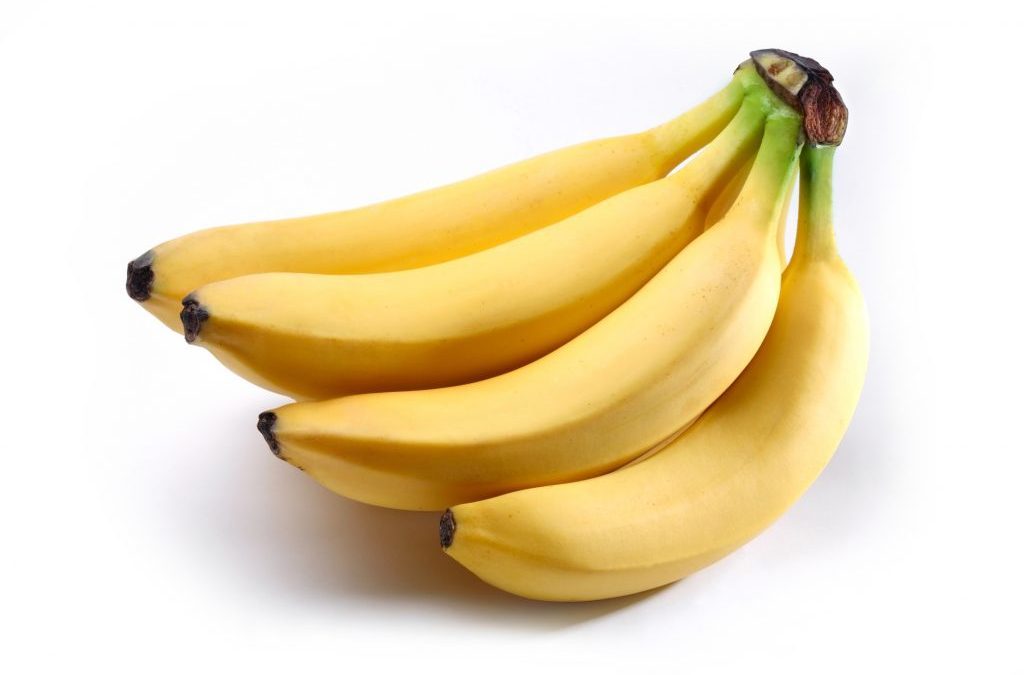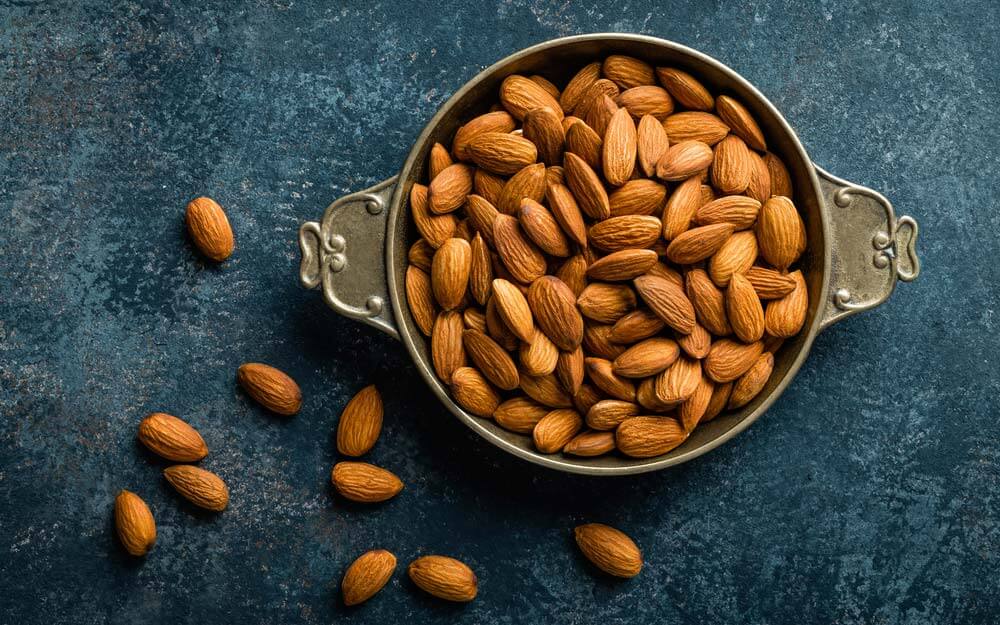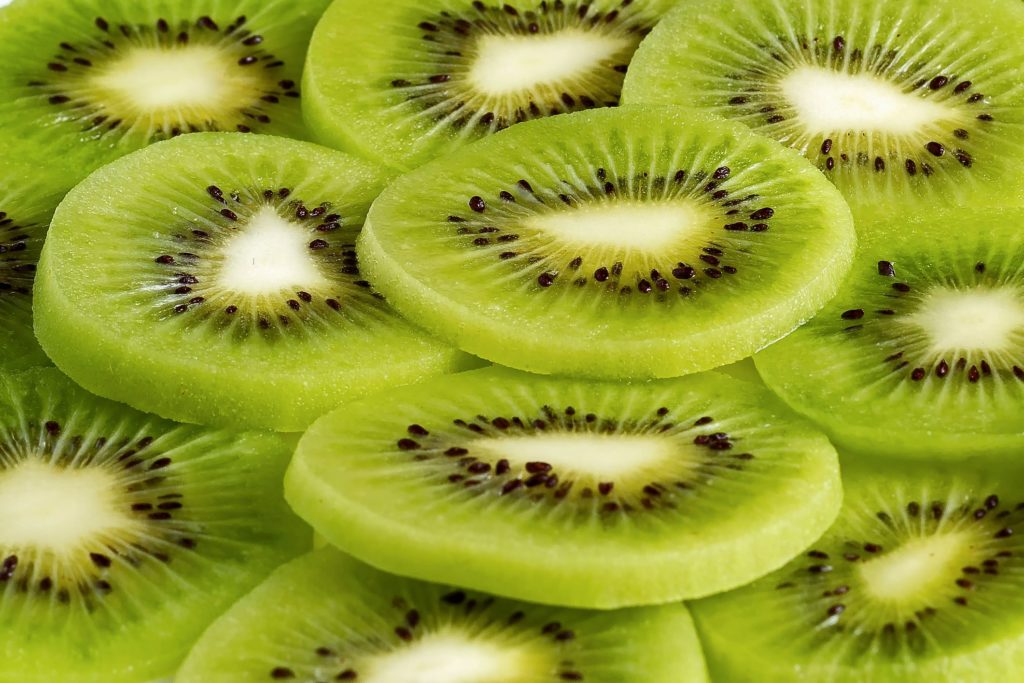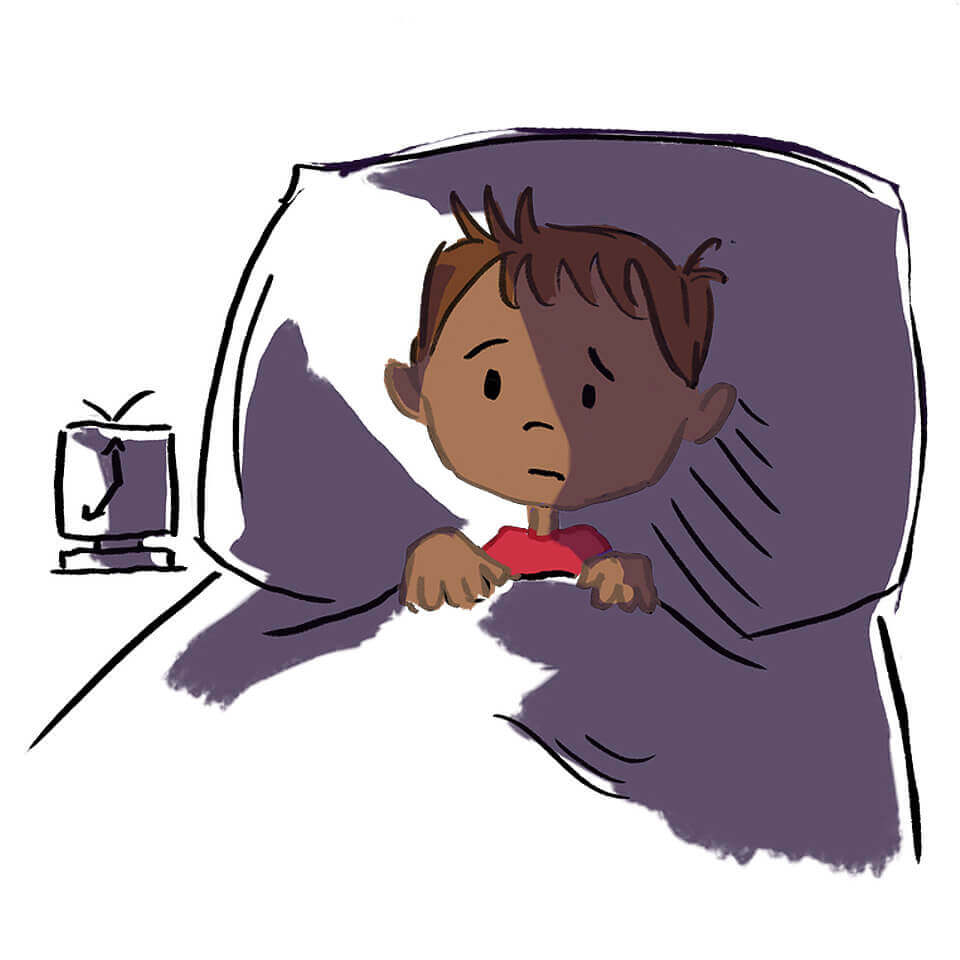Getting back into routines after the holiday season can be tricky for most of us, especially sleep routines.
If your child is taking solids and is not settling or sleeping well then it is a good idea to take stock of what they are eating and drinking throughout the day but especially during that very last meal before bedtime.
Are you curious to know what kinds of foods will help your toddler and child fall asleep more easily?
Try these favorites…
Wholewheat bread
A slice of toast with tea and honey will release insulin, which helps tryptophan get to your brain. Once there, tryptophan turns into serotonin, which murmurs: “time to sleep”.

Bananas
They’re practically a sleeping pill in peel! Bananas contain a bit of soothing melatonin and serotonin, as well as magnesium, a muscle relaxant.
Honey
Drizzle a little in your warm milk or herb tea. Lots of sugar is stimulating. But a little glucose tells your brain to turn off orexin, a neurotransmitter linked to alertness.
Warm milk
Milk has some tryptophan, an amino acid that acts like a sedative, and calcium, which helps the brain use tryptophan.
Almonds and peanut butter

They are an excellent source of many nutrients, as one ounce contains 14% of your daily needs for phosphorus, 32% for manganese and 17% for riboflavin. A handful of these heart-healthy nuts can be snooze-inducing, as they contain both tryptophan, a nice dose of muscle-relaxing magnesium, as well as melatonin.
Oatmeal or Rice
Similar to rice, oatmeal is high in carbs and has been reported to induce drowsiness when consumed before bed. Additionally, oats are a known source of melatonin. Add some honey and cinnamon and you’re sure to get a crowd pleaser!
Kiwi

According to studies on their potential to improve sleep quality, kiwis may also be one of the best foods to eat before bed. Eaten an hour before bed, we fall asleep quicker and are more likely to stay asleep longer. The sleep-promoting effects of kiwis are thought to be due to their content of serotonin, a brain chemical that helps regulate your sleep cycle. It has also been suggested that the antioxidants in kiwis, such as vitamin C and carotenoids, may be partly responsible for their sleep-promoting effects.
Turkey
A 1-ounce (28-gram) serving contains 5% of your daily needs for riboflavin, 5% for phosphorus and 9% for selenium. The tryptophan in the turkey works when your stomach’s empty, with some carbs. A lean slice of turkey on some wholewheat bread in the evening, becomes an incredibly simple and effective sleep inducer!
Tip: It takes around an hour for the tryptophan in foods to reach the brain, so give a snack well before bedtime.

